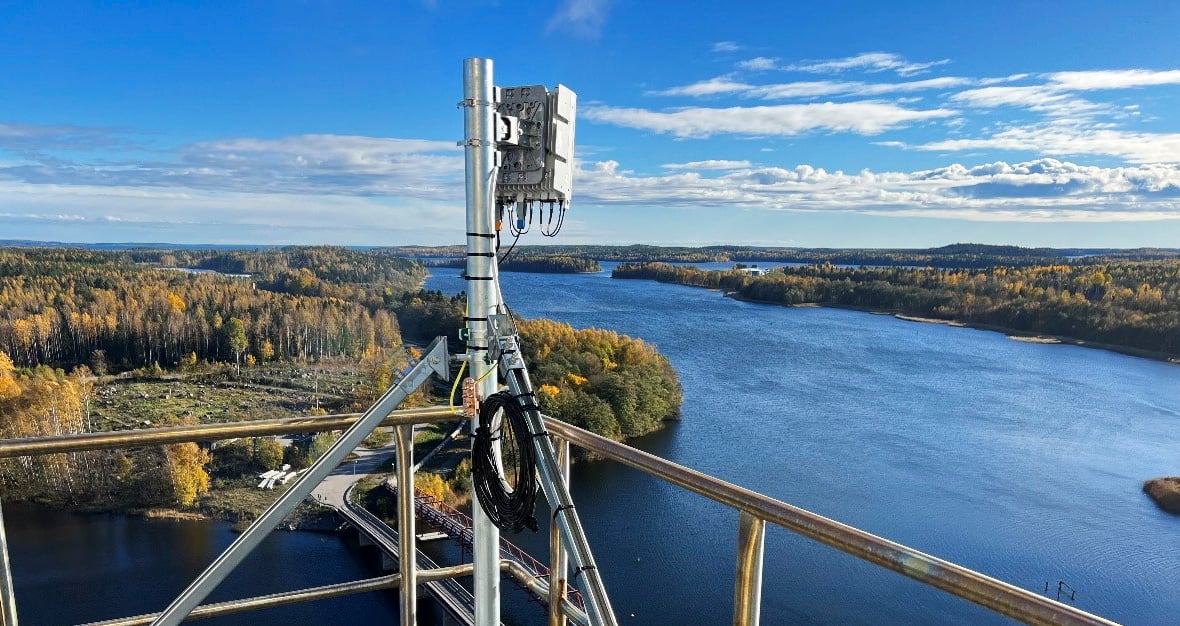When a branch digitalises, this affects several other related branches. It can either be through new opportunities being created or by degraded conditions.
Sara Öhrvall, co-founder and senior advisor Mindmill Network
An example can be the implementation of autonomous vehicles. When cars are sufficiently good at driving themselves, drivers are no longer needed. Cars can then drive to garages for service on their own. This in turn means that the garages do not need to be close to urban areas where property is expensive. The same applies to carwashes, petrol stations and other businesses that provide service. A driver behind the wheel will not be necessary.
With the expanded opportunities, a new business model can be created, with many people able to share either a single car or several in a larger car fleet. There can then be maximum utilisation of the cars, and the time spent in parking spaces when not in use will be minimal. This in turn means that the need for parking spaces will be dramatically reduced, which leads to the questions: what will we do with all this freed space in the cities? In some cases, it can be a matter of fairly large, centrally located areas.
Sara Öhrvall, co-founder and senior advisor Mindmill Network
Excellent opportunities for those who can think in multiple dimensions
Taking this line of thought a step further, the consequences are even greater. With autonomous vehicles, there will be significantly fewer automobile accidents. This will lighten the load on emergency medical services and allow hospitals to focus on other things. Stress among medical personnel will lessen and the need for costly physicians will decrease in this branch of medical care.
And it doesn't stop there. Significantly fewer auto accidents also means that the insurance industry will be compelled to re-evaluate and adjust its business concepts. It could be that in the future, we will pay for our insurance coverage in an entirely different way, if it can even be assumed that the old insurance companies will still be around.
Sara Öhrvall, co-founder and senior advisor Mindmill Network
This line of thinking can be applied to one area after the other. The technology revolution occurs in one area, but it is only after the consequential effects are seen within entirely different areas that we can understand the breadth of what is happening.
For those who understand this, there are fantastic opportunities for positioning oneself for the future. The winners will be those with the ability to think in multiple dimensions.
Sara Öhrvall, co-founder and senior advisor Mindmill Network
“Begin with a digital strategy”
The other side of the coin is naturally that the consequences can be serious for companies or industries that haven’t even considered that they will be affected.
“Here Sweden has a problem,” says Sara Öhrvall. “About 40 percent of the companies in Sweden don't even have a digital strategy. How can they then know how they are affected by digitalisation? It's not just that they don’t know which road to take, they don’t even have a map.”
Sara Öhrvall's advice is to develop a digital strategy regardless of whether or not you think that you’ll be affected at an early stage of the digital transformation.
Another common mistake is that people put the responsibility on an IT administrator or someone with a similar position. Those who succeed with their digital transformations are those companies in which everyone in the management group takes responsibility and engages in the transformation of the company. Because that’s what it's all about. Digitalising a part of a company, such as only automating inventory management, won’t get you that far.
Sara Öhrvall, co-founder and senior advisor Mindmill Network
Impact throughout the company
The full effect of digitalisation is only achieved when the entire company is engaged. When everything from the business model to development, purchasing, production, inventory management, marketing and sales come together to form a digital transformation. With smaller projects within limited areas, there is a risk instead of entrenching what is already in place.
It is particularly important to look over the business model. It cannot just take consideration to a digitalised world, it must also be able to handle a more rapidly evolving world. This in turn means that we must have more agile, flexible organisations that can more quickly adapt to change. We've previously been accustomed to dealing with new fields of technology, but now the changes are cutting directly across organisational lines.
Sara Öhrvall, co-founder and senior advisor Mindmill Network
Even individual services that are not being digitalised can be affected by changes to other services and products. A boomerang effect of sorts with digitalisation of one service having a consequential effect on the organisation and forcing new approaches in several areas.
Rediscover the physical meeting
Take the banking and finance world, for example. Most errands that formerly required a visit to a bank are now handled with apps. This means that for the few times when we actually have physical meetings with a representative for the bank, that the requirements are much higher. We've put effort into doing something that has significant social expectations. Here I think we can expect to see a change in the future. There is a need from both sides to rediscover the physical meeting.
Sara Öhrvall, co-founder and senior advisor Mindmill Network
The digital transformation is not just about automating a well-defined flow, but rather about a whole new way of thinking for the entire company.
The key to the digital strategy is often a matter of considering the end-users. Have we established a dialogue with the end-users and created a loop for feedback and development? With our products or services, how can we bestow value not just once or twice, but every day for our end-users? The company that doesn't have this approach risks going out of business within a few years. If not a direct result of the digitalisation we are seeing today, by the domino effects that can be much more dramatic.
Sara Öhrvall, co-founder and senior advisor Mindmill Network




